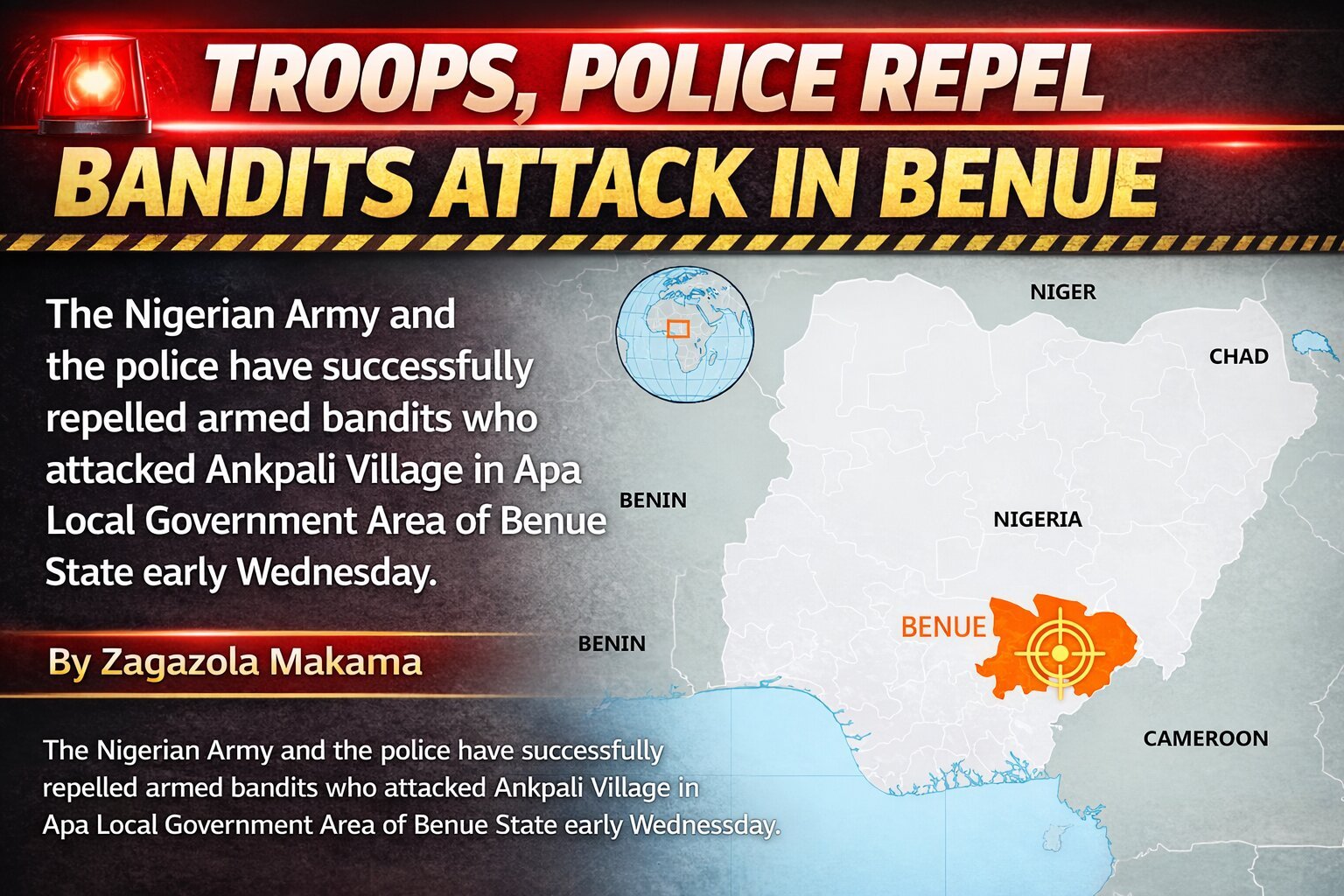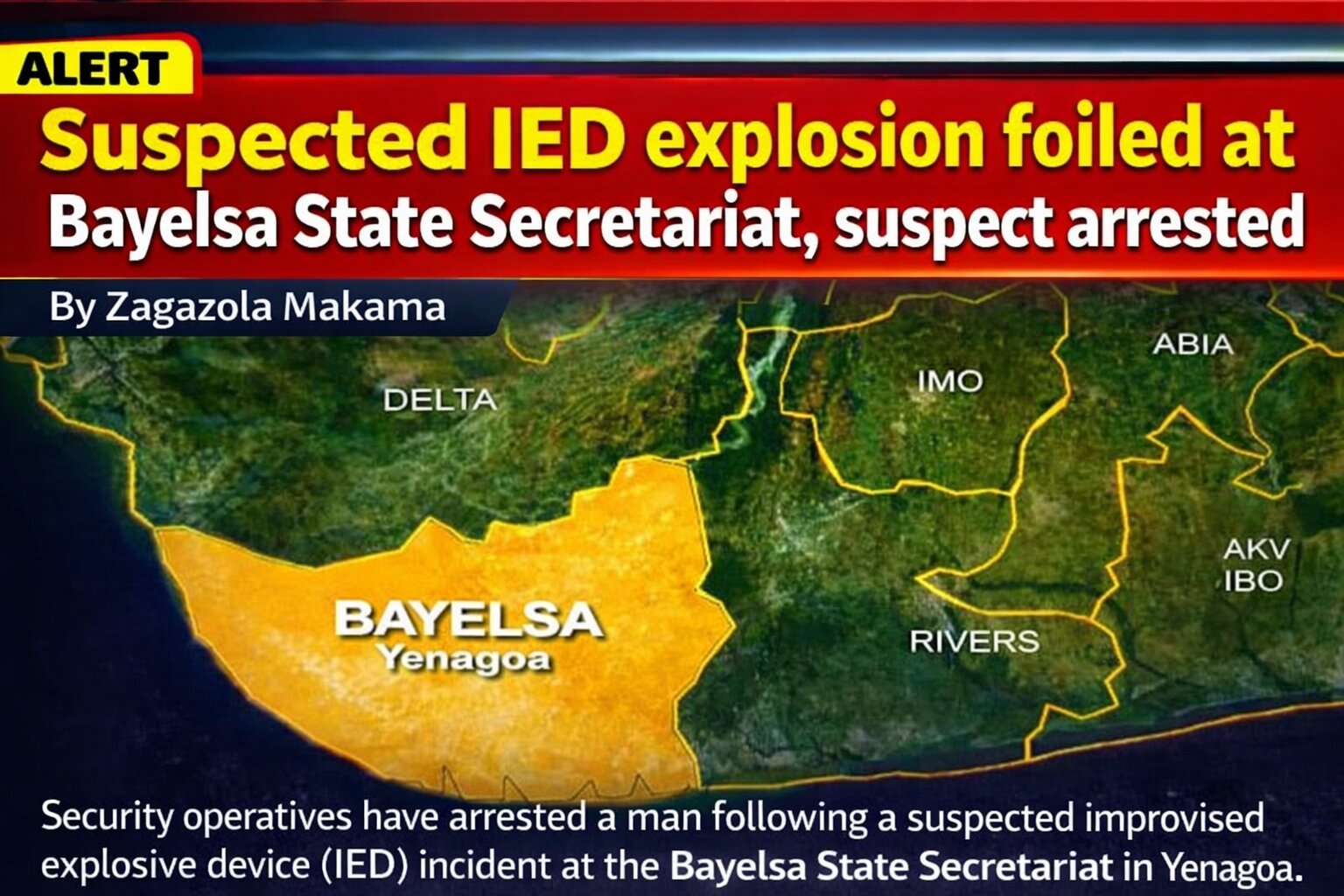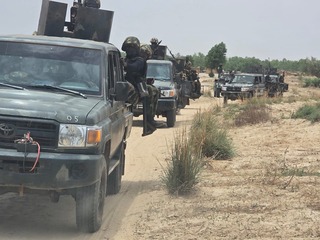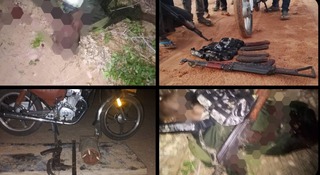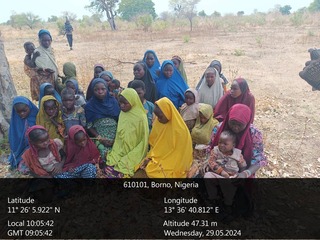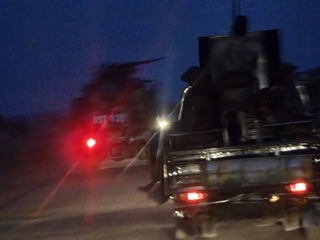Rising Terrorist Threat in Northern Benin Sparks Regional Security Fears
By Zagazola Makama
The recent deadly attack on Beninese security forces in the W National Park by militants linked to the al-Qaeda-affiliated Jama’at Nusrat al-Islam wal-Muslimin (JNIM) has raised fresh alarm over the growing terrorist contagion spreading from the Sahel into coastal West Africa.
The attack, which occurred on April 18 in northern Benin, claimed the lives of at least eight Beninese soldiers. It is the latest in a series of cross-border raids by terrorist groups operating from ungoverned territories in Mali, Burkina Faso, and Niger countries that make up the volatile tri-border zone.
These repeated incursions mark a dangerous southward expansion of terrorism, placing countries like Benin and Togo on the front line of a new phase of insurgency in West Africa.
Terror Exported Southward
Observers say the attack is part of a broader trend in which jihadist groups, facing intensified military pressure and local resistance in the Sahel, have begun pushing into more stable coastal states. In particular, Benin, Ghana and Togo while not yet overrun are facing increasing operational pressure from armed groups seeking to establish new footholds.
Security analysts in Cotonou told Zagazola that the current wave of violence is being driven by well armed and mobile militants operating from long established sanctuaries in Mali, Burkina Faso, and parts of western Niger. These territories have become virtual safe havens for extremist groups, many of whom operate with impunity due to state collapse and institutional instability.
Despite this, some military led governments in the region have reportedly shifted blame to neighbouring Benin, alleging that the country is serving as a base or logistics hub for insurgents. However, no credible evidence has been presented to substantiate these claims.
Analysts say such accusations may be an attempt to deflect attention from failures in governance and counter-terrorism efforts in the heart of the Sahel.
Coastal States Under Pressure
Countries like Senegal and Guinea, previously untouched by the jihadist wave, are now at increased risk. Border regions such as Kayes in western Mali and Kankan in eastern Guinea are under growing threat of infiltration by extremists seeking to widen their operational zones.
Security officials warn that failure to take preventive measures now could see these nations suffer the same fate as their Sahelian neighbours.
“West Africa is facing a metastasizing threat,” said a regional security officer who spoke on condition of anonymity. “If Senegal, Guinea, Côte d’Ivoire, Ghana, Benin, and Togo do not strengthen their border security and intelligence networks, they may soon find themselves in the terrorists’ crosshairs.”
Benin and Togo: Holding the Line
Despite increased attacks, Benin and Togo have thus far managed to prevent terrorist groups from gaining permanent territorial control. Both governments have bolstered military deployments in vulnerable regions and conducted targeted counter-terrorism operations with the support of international partners.
Analysts note that while these coastal states remain fragile, their resilience and proactive military posture contrast sharply with the deteriorating situation in Mali, Burkina Faso, and Niger where large portions of national territory are now beyond government control.
“There is no terrorist-held enclave in Benin or Togo,” a regional analyst in Lomé told Zagazola sources . “That in itself is a testament to their defensive resolve, even in the face of growing threats.”
A Call for Unified Action
Experts say it is critical for regional leaders to halt the blame game and focus on genuine cross border cooperation. They argue that the fight against terrorism in West Africa requires a coordinated and sustained strategy built on intelligence sharing, joint operations, and strengthened national capacities.
“Terrorism is not a propaganda tool. It’s a brutal reality that needs collective response,” a senior ECOWAS security adviser said.
West African leaders are being urged to treat the crisis as a shared threat rather than a problem to be deflected or politicised.
Failure to act decisively now, experts warn, could open the door to even wider regional destabilisation.





